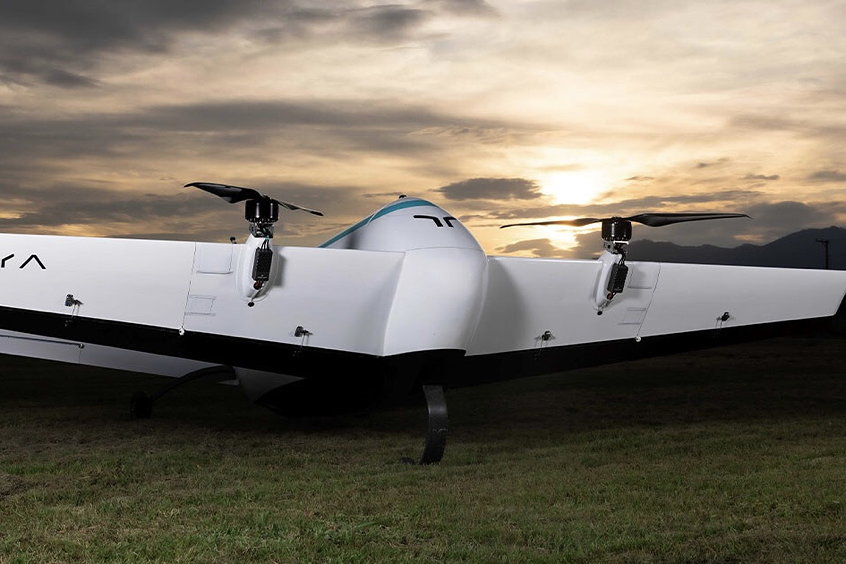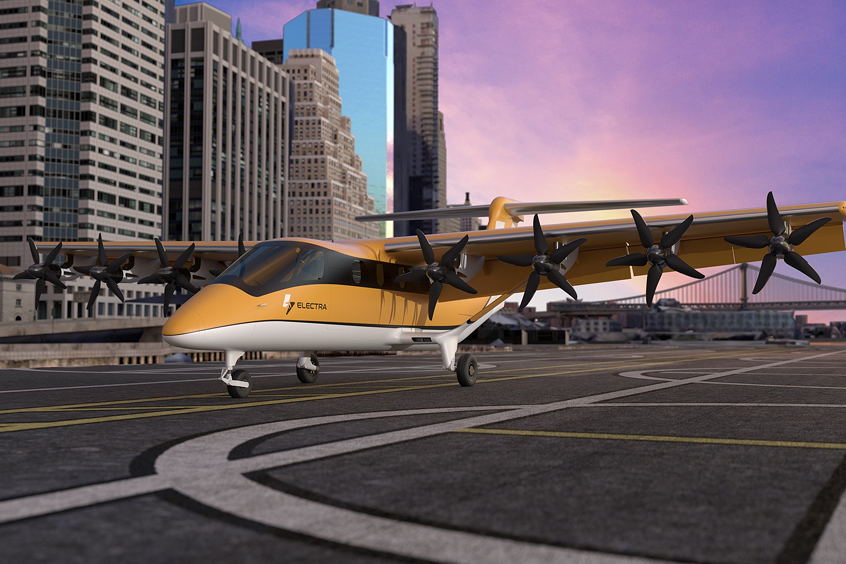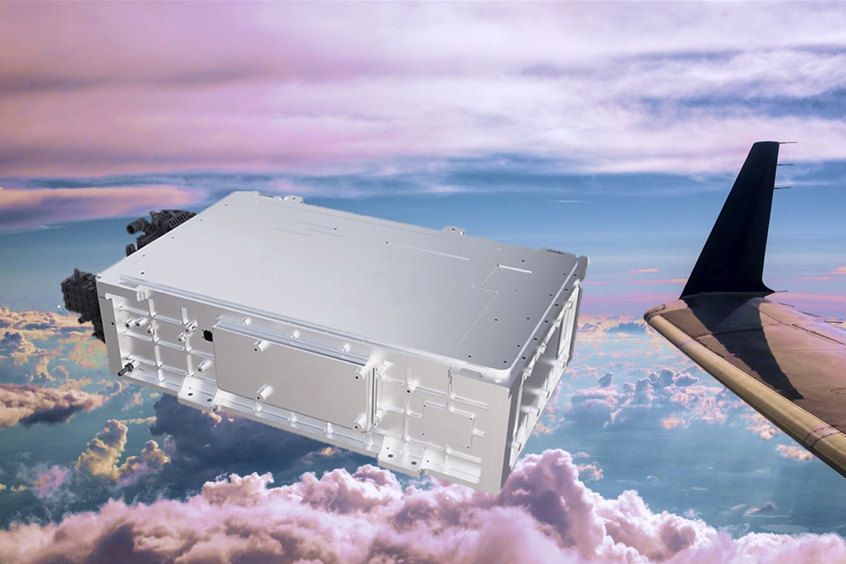Machina Labs has been awarded a contract worth $1.6m by the US Air Force to advance and accelerate the development of its robotic technology for manufacturing of metal tooling for high-rate production of composites.
Higher vehicle production rates in comparison to current rates is anticipated as experts project that the airline industry will need to triple its fleet to about 60,000 aircraft over the next 20 years. With respect to military applications, there is a similar drive towards balancing mission agility, sustainment, and vehicle cost; giving rise to emerging air vehicle concepts like the Low-Cost Autonomous Collaborative Platforms (ACP) program where there is a higher tolerance over limited life and loss of vehicles during operations.
In addition, Advanced/Urban Air Mobility (AAM/UAM) vehicles have received considerable commercial traction in recent years. These highly automated, on-demand passenger and air cargo vehicles are anticipated to have production rates in the tens to hundreds of thousands per year. Lightweight, high-strength composite structures are a key enabler for achieving these goals. As such, the factory throughputs of advanced composite structures have to be increased and their production cost lowered.
Machina Labs' AFWERX Tactical Funding Increase (TACFI) contract will be focused on metal tooling for a fast-cure, out-of-autoclave (OOA) composite processing route. Through its previous contract with the Air Force Research Laboratory, Machina Labs has validated that its tools have vacuum integrity, are dimensionally stable once thermally stabilized, and are thermally more responsive than conventional metal tools.
Composite tooling, depending on the materials selected and the tool size, could cost more than $1 million per tool and require 8-10 months of lead time. These costs and lead times for composite tooling do not support referenced increased manufacturing goals.
“Machina Labs has demonstrated that its large-envelope, two-robot, incremental sheet metal forming technology can be used for manufacturing of metal tooling for composites resulting in dramatically reduced tool costs and time-to-market of composite parts,” says Craig Neslen, Manufacturing Lead for the ACP Program at AFRL. “At the same time, given that no part-specific hardware is necessary for manufacturing of the sheet metal tools, it is possible to not only fabricate the tools expeditiously, but to quickly accommodate design changes when necessary.”
Machina Labs uses robots the way a blacksmith uses a hammer to creatively manufacture different designs and material, introducing unseen flexibility and agility to the manufacturing industry. The company's manufacturing platform combines the latest advances in robotics and AI so great ideas can quickly and affordably turn to reality and businesses can benefit from rapid iteration to bring more innovative products to market, faster.
“We are pleased to advance our work with USAF in order to advance composite tooling for a wide variety of applications,” adds Babak Raeisinia, Co-Founder and Head of Applications and Partnerships at Machina Labs. “Keeping inventory of tooling is expensive. I believe technology will free up capital and allow organizations such as USAF to transition to an on-demand tooling model.”
Machina Labs combines the latest advances in AI and robotics to deliver finished metal products in days andndash; not months or years andndash; and gives customers unprecedented time to market and competitive advantage. Robotic sheet forming is the first process enabled by Machina's patented manufacturing platform. Using material- and geometry-agnostic technology, the platform outperforms traditional sheet forming methods that rely on custom molds or dies.
| Contact details from our directory: | |
| Machina Labs | Boring & Drilling Services, Forming, Industrial Robots, Plastic Extrusions & Sheets, Robotic Parts & Equipment |
| Air Force Research Laboratory | Technical/Eng/Scientific Studies |
| Related directory sectors: |
| Sheet Metal Processes |
| Plastics |
| Machining |
| Computer Integrated Manufacturing |
Weekly news by email:
See the latest Bulletin, and sign up free‑of‑charge for future editions.

Altair collaborates with aerospace startup Moya Aero to develop eVTOLs

Electra reveals design for EL9 hybrid-electric aircraft
Piper Aircraft achieves AS9100 certification
